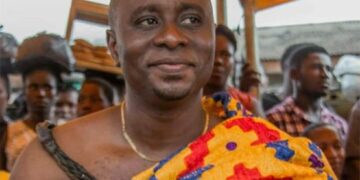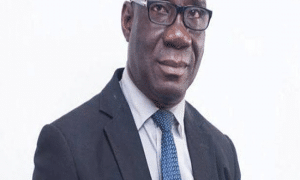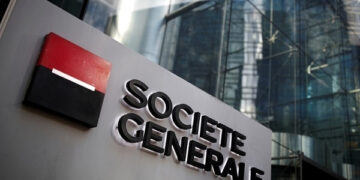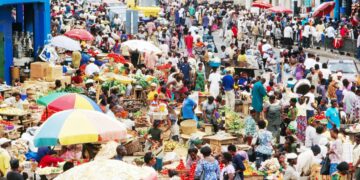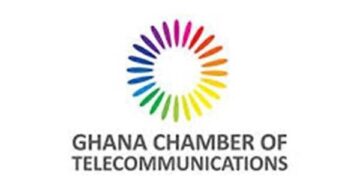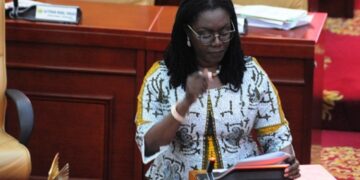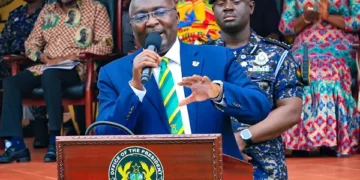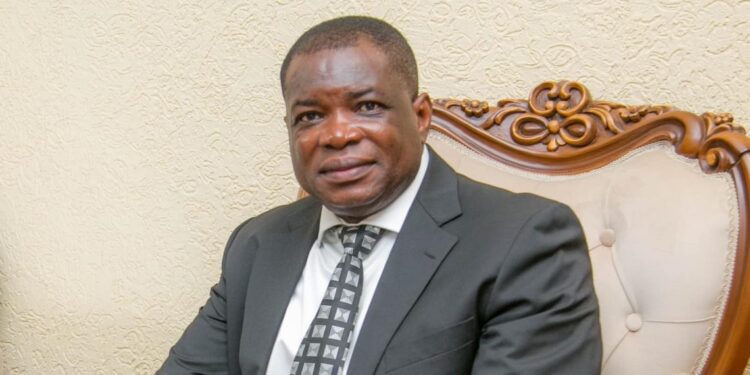The Minority in Parliament has vowed to summon the Administrator of the Scholarship Secretariat before Parliament in the coming days over the two-year arrears owing to Graduate Students Association of Ghana (GRASAG) bursaries.
The caucus alleges that, despite a GH223 million budget for the scholarship secretariat, the government is yet to provide funding for GRASAG bursaries.
The Minority Chief Whip, Governs Agbodza, stated during the GRASAG handover ceremony at the University of Ghana, Legon, that the group will use all possible measures to ensure the money is paid by the government.
“The Minority will go through the proper channels in the coming days to get the administrator of the Scholarship Secretariat to explain why the GRASAG bursaries have been in arrears for two years.” Because, as far as we know, those funds have been made accessible. “We can only do this because of the laws,” he explained.
Meanwhile, the Minority in Parliament has cautioned that Ghana is a dangerous investment destination due to its enormous debt to the International Monetary Fund (IMF).
Ghana is now the IMF’s most indebted country under the Poverty Reduction and Growth Trust, with a loan of 1,689 billion Special Drawing Rights (SDRs) outstanding. This is about 10% of the total loans outstanding under the Trust.
According to Isaac Adongo, the Ranking Member of Parliament’s Finance Committee, Ghana’s high debt levels and low foreign reserves make attracting international investment difficult.
“If you look at our creditworthiness in terms of our net international reserves to cover those portfolios, Ghana is a risky country and the IMF itself is worried,” he explained.
Adongo also cautioned that until Ghana improves its fiscal condition, it may be unable to qualify for another IMF programme.
“But for the fact that Ghana has a track record of historically meeting its obligation to the IMF, these statistics alone [is enough] for you to know that Ghana will not qualify for an IMF programme,” he stated.
Investors are concerned about Ghana’s high debt levels. The public debt-to-GDP ratio in the country is presently above 80%, and the government is running a massive budget deficit. This implies that the government must borrow extensively to support its spending, making debt reduction difficult.
Ghana’s foreign reserves are also low, covering less than one month’s worth of imports. As a result, the country is exposed to external shocks such as a spike in commodity prices or a fall in the value of the cedi.
The government is currently in negotiations with the IMF over a new programme. Measures to minimise the budget deficit, stabilise the economy, and stimulate growth are likely to be included in the programme. It is uncertain, however, if the administration will be able to execute the required reforms to qualify for the programme.


